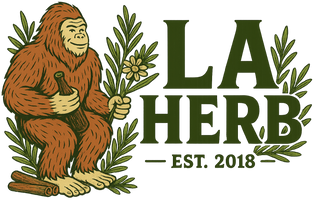Herbs Traditionally Used for Seasonal Cleansing and Reset
Seasonal cleansing has been a recurring concept in traditional herbalism, particularly during transitions between seasons. Rather than extreme cleansing, traditional approaches focused on gentle resets. Herbs such as chrysanthemum, dandelion...
